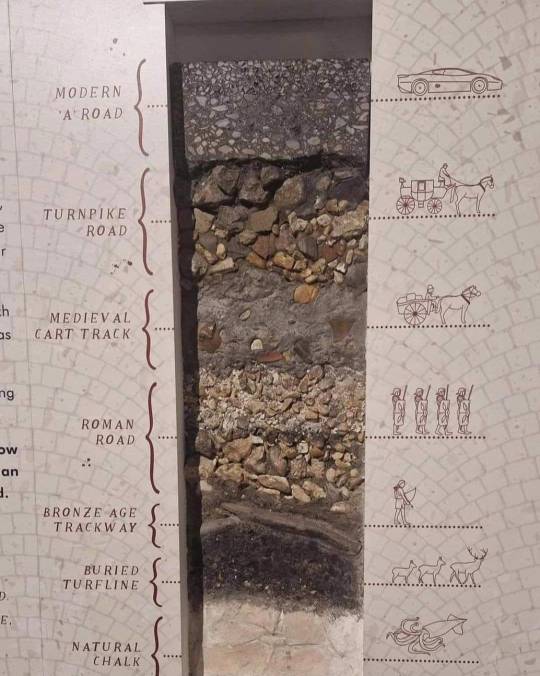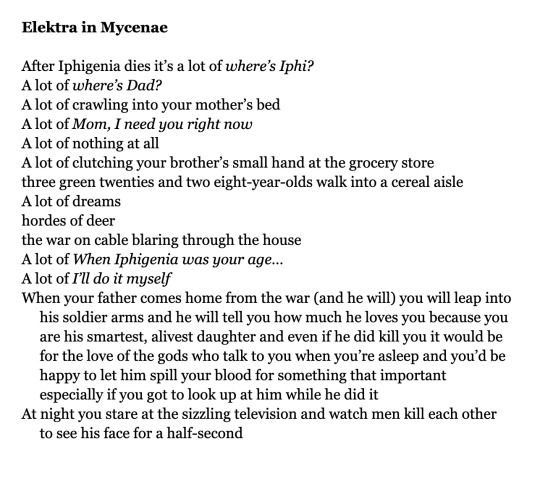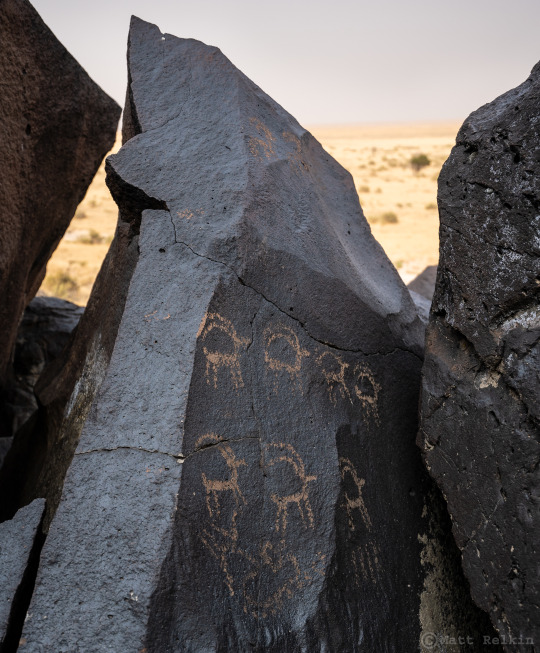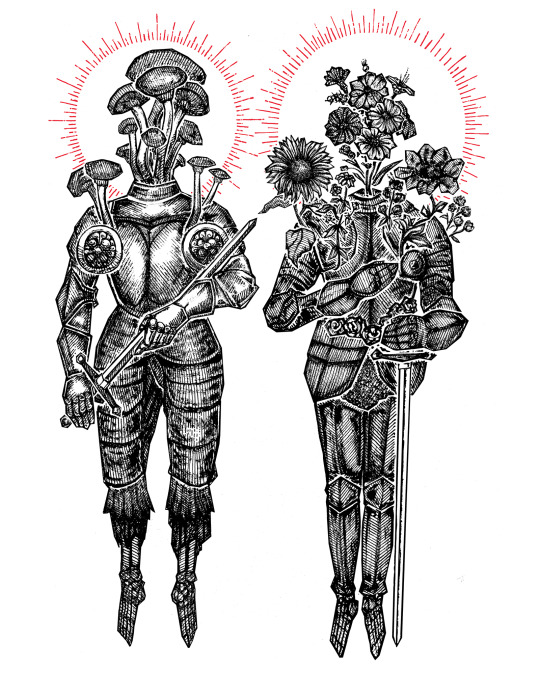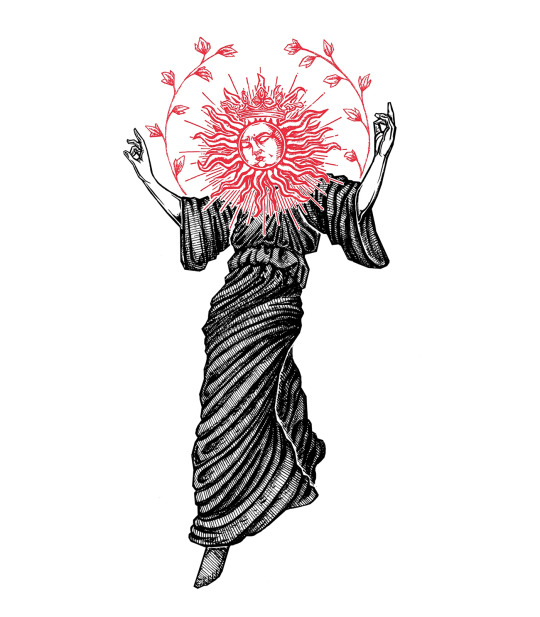Link
0 notes
Text
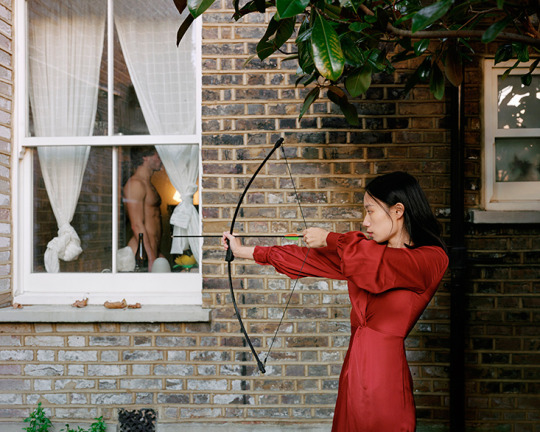
Yushi Li, The Death of Actaeon, from the series Paintings, Dreams and Love
2K notes
·
View notes
Text
In greek, when referring to a dead person, you can call them "forgiven" instead of dead and, christianity aside, I think that's raw as hell.
249 notes
·
View notes
Text

Noor Hindi, from DEAR GOD. DEAR BONES. DEAR YELLOW. ;“Pledging Allegiance”
[Text ID: “I’m locked out of my home. No, I can’t recognize my home. I grabbed the wrong keys. The house has been painted a different color. There is music inside but I don’t understand the words. There is smoke inside, but nothing is burning.”]
5K notes
·
View notes
Text
Something I try to keep in mind when making art that looks vintage is keeping a limited color pallette. Digital art gives you a very wide, Crisp scope of colors, whereas traditional art-- especially older traditional art-- had a very limited and sometimes dulled use of color.
This is a modern riso ink swatch, but still you find a similar and limited selection of colors to mix with. (Mixing digitally as to emulate the layering of ink riso would be coloring on Multiply, and layering on top of eachother 👉)

If you find some old prints, take a closer look and see if you can tell what colors they used and which ones they layered... a lot of the time you'll find yellow as a base!
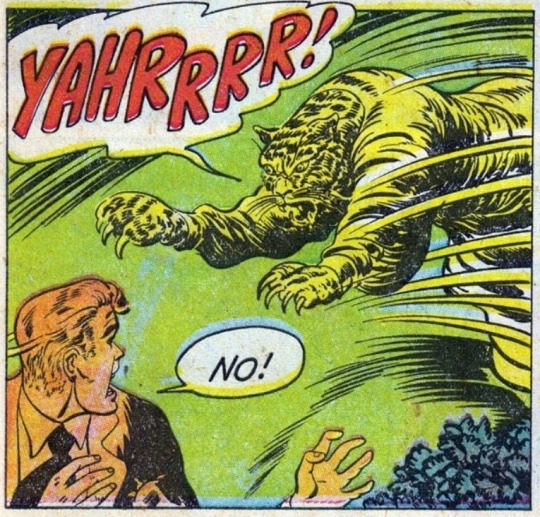
Misprints can really reveal what colors were used and where, I love misprints...
Something else I keep in the back of my mind is: how the human eye perceives color on paper vs. a screen. Ink and paint soaks into paper, it bleeds, stains, fades over time, smears, ect... the history of a piece can show in physical wear. What kind of history do you want to emulate? Misprinted? Stained? Kept as clean as possible, but unable to escape the bluing damages of the sun? It's one of my favorite things about making vintage art. Making it imperfect!

You can see the bleed, the wobble of the lines on the rug, the fading, the dirt... beautiful!!
Thinking in terms of traditional-method art while drawing digital can help open avenues to achieving that genuine, vintage look!
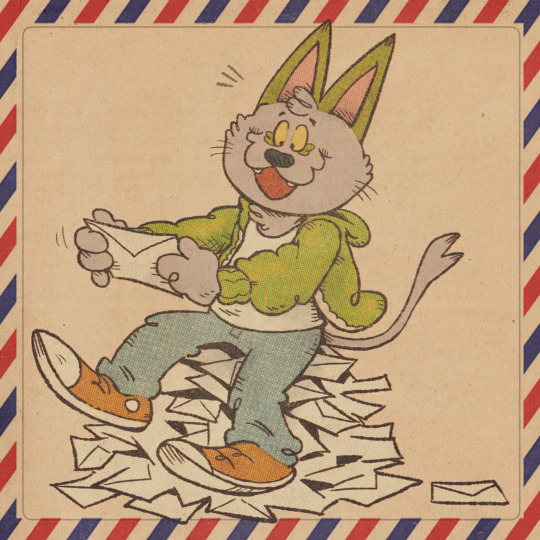

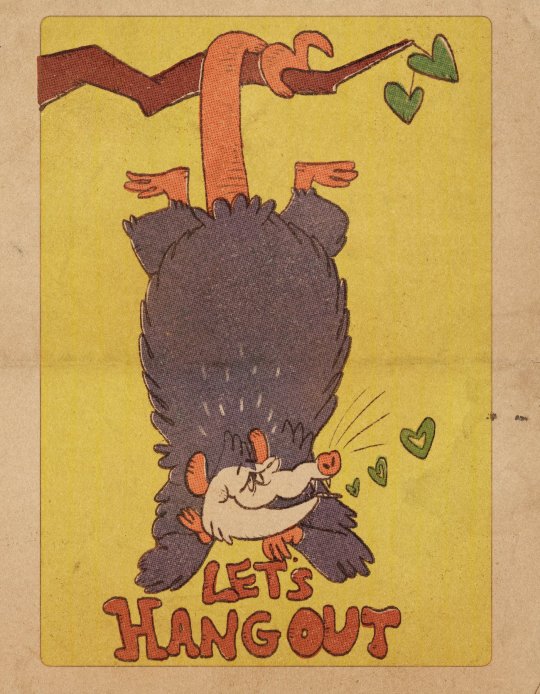
52K notes
·
View notes
Text
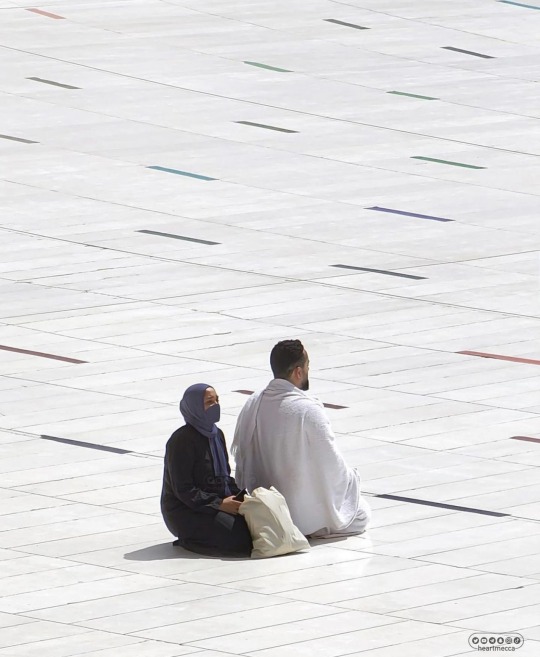
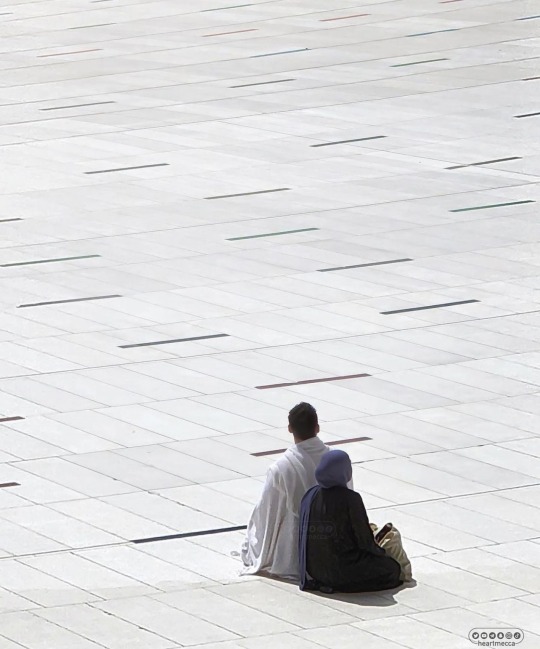
A woman using her husband's shadow to protect and shelter herself from the sun in Masijd al- Harām.
30K notes
·
View notes
Text
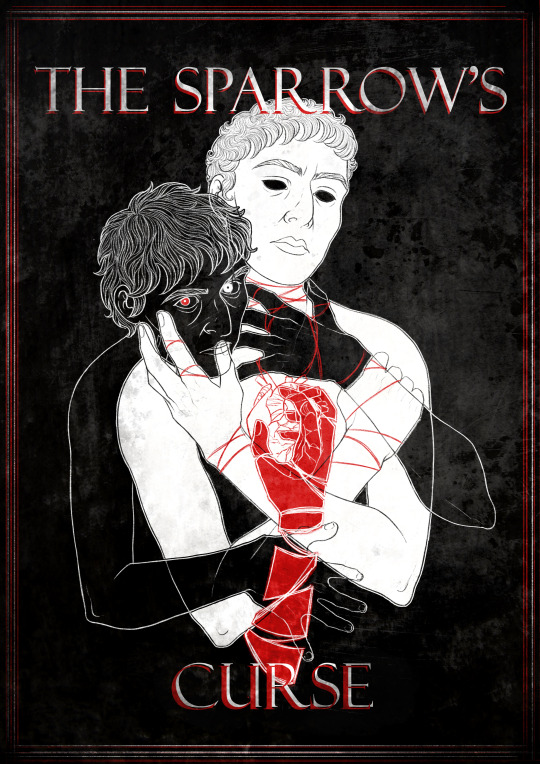
“You pollute my memory,” Catullus murmured low. “And I yours. We seeped into each other like poison in our blood. It is wrong, but…” A pause. “Perhaps it is a story worth telling.”
Two tangled memories. One story. Can a doomed lawyer in the late Roman republic and a dead poet with genre awareness change their joint fate? Discover it...someday. Eventually. I promise. I'm working on it.
453 notes
·
View notes
Text
Assyrian Tablets Contain Earliest Written Record of Aurora’s Sky Glow

Ancient Assyrian stone tablets represent the oldest known reports of auroras, dating to more than 2,500 years ago.
The descriptions, written in cuneiform, were found on three stone tablets, dating from 655 B.C. to 679 B.C. They predate other known historical references to auroras by about a century, researchers reported in a new study.
Auroras are dazzling light shows that take place when waves of charged particles from the sun collide with Earth’s magnetic field. Earth was likely visited by an immense solar storm around the seventh century B.C., and the auroras described in the tablets may have been the result of that powerful solar activity, the study authors wrote online Oct. 7 in The Astrophysical Journal Letters. Read more.
456 notes
·
View notes
Text


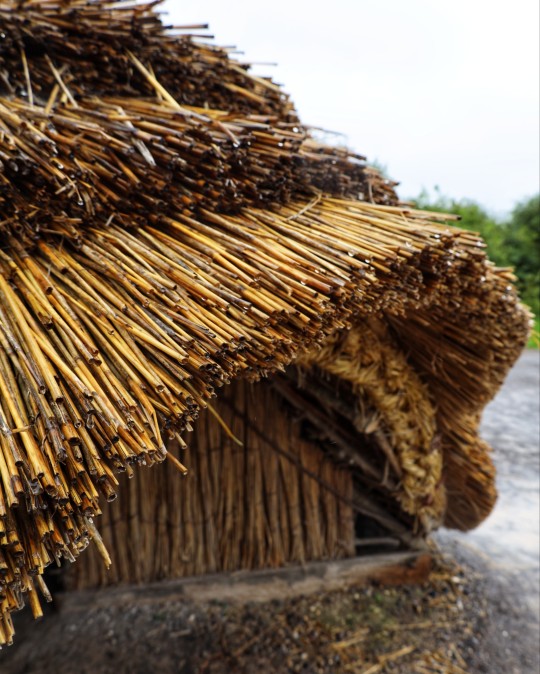

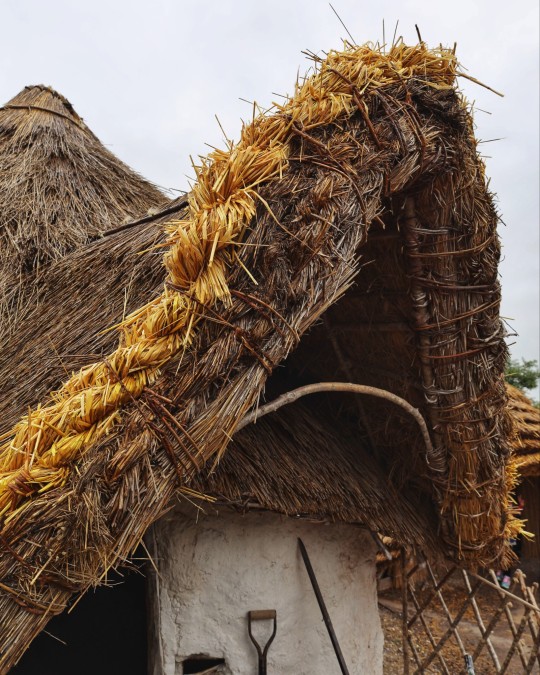
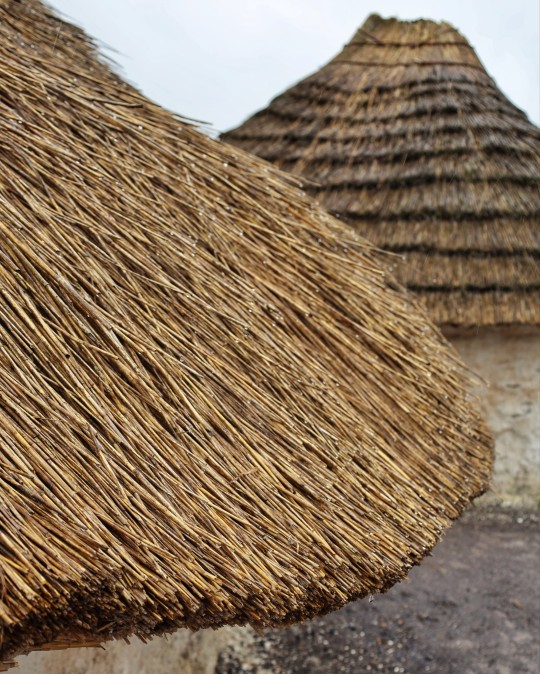

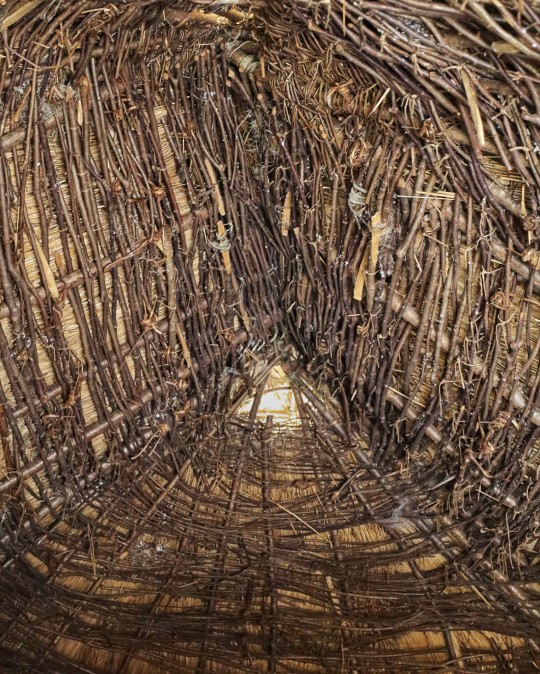
Recreated Neolithic Roundhouses, Stonehenge Visitor Centre, nr. Salisbury, Wiltshire
418 notes
·
View notes
Text

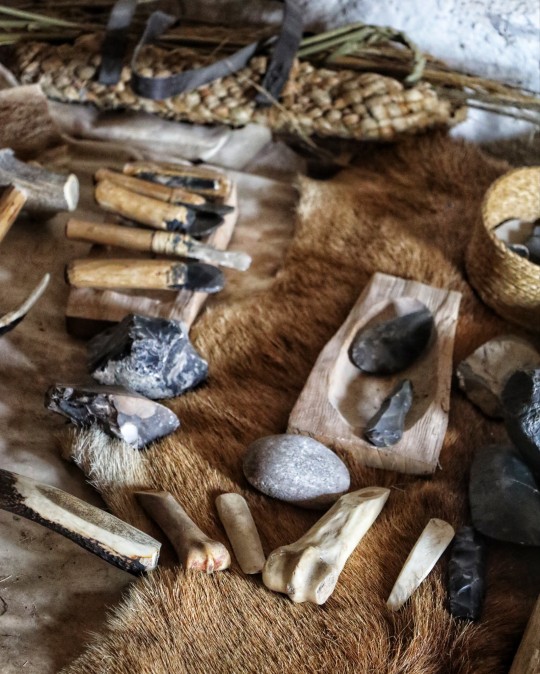
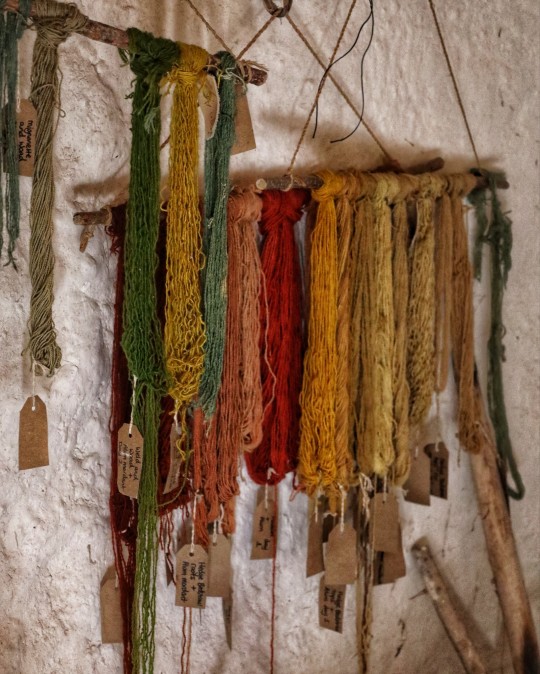
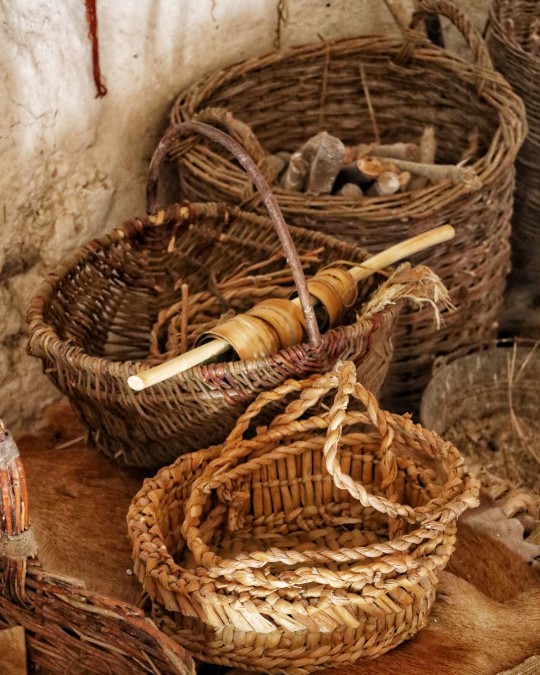
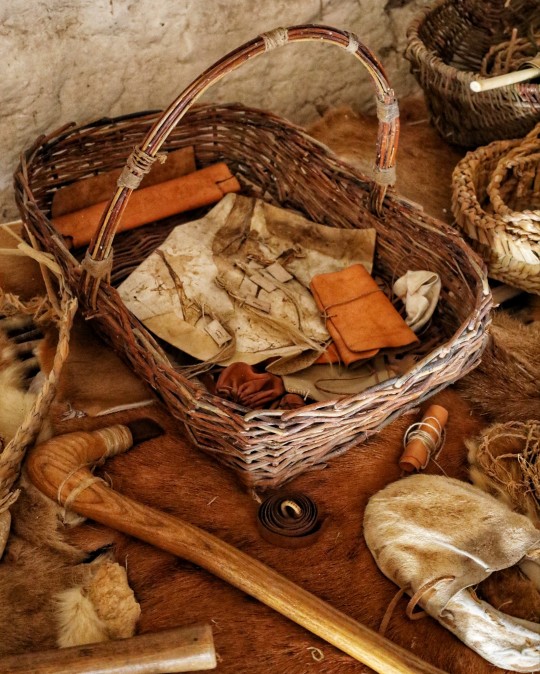


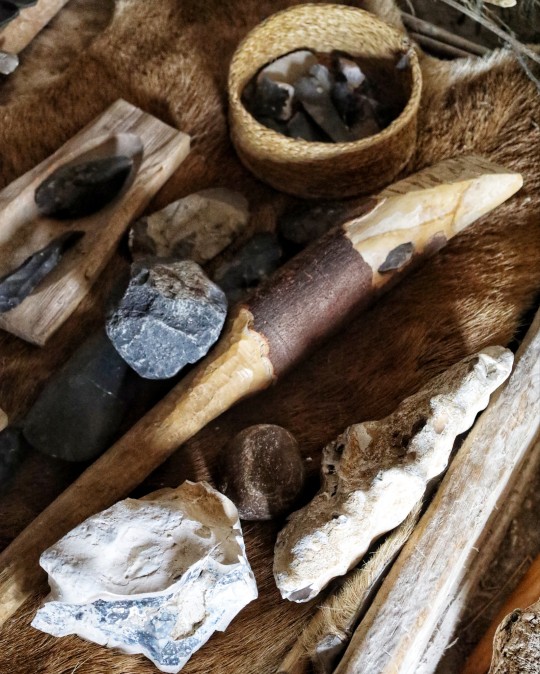
Neolithic Tools and Materials Photoset 2, Recreated Neolithic Roundhouses, Stonehenge Visitor Centre, nr. Salisbury, Wiltshire
518 notes
·
View notes


